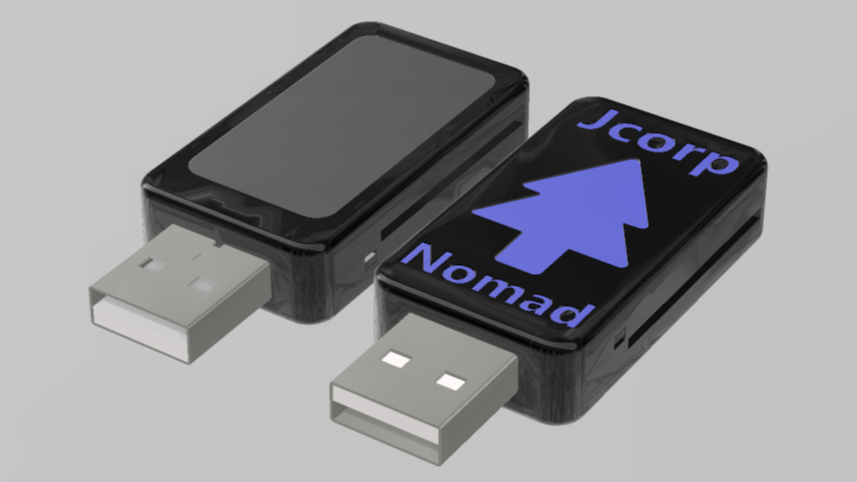Innovative technology developer Jackson Studner has introduced the Jcorp Nomad, a compact media server powered by the ESP32-S3 microcontroller. This project is designed to create a WiFi hotspot that users can connect to with their devices, enabling easy access to various media types stored on an SD card.
How the Jcorp Nomad Works
The Jcorp Nomad operates as a captive portal, directing users to a web interface built with static HTML elements located alongside the media files on the SD card, which is formatted using the FAT32 file system. When the ESP32 boots up, a custom Python 3 script, known as media.py, generates the necessary static HTML assets. This allows the server to serve content efficiently without the higher costs and power consumption typically associated with Raspberry Pi media servers.
According to Studner, the ESP32-based solution can support at least four concurrent viewers, making it a practical option for small gatherings or personal use. The captive portal functionality is achieved through DNS and HTTP services provided by the ESP32.
Media Support and Additional Features
The firmware for Jcorp Nomad is built on the Arduino platform, integrating various libraries to ensure it offers the required services. Users can access a range of media formats, including books in PDF, music in MP3, and movies or shows in MP4. Additional support for JPEG files allows for visual representation of media within the user interface.
One of the standout aspects of this project is the inclusion of STL files within the project files, enabling users to 3D print an enclosure for the device. This feature adds a personalized touch, allowing tech enthusiasts to create a physical housing for their media server.
The Jcorp Nomad exemplifies how smaller, more efficient solutions can provide robust functionality for media streaming while remaining budget-friendly. With its unique approach, it stands out as a compelling alternative in the growing market of personal media servers.
